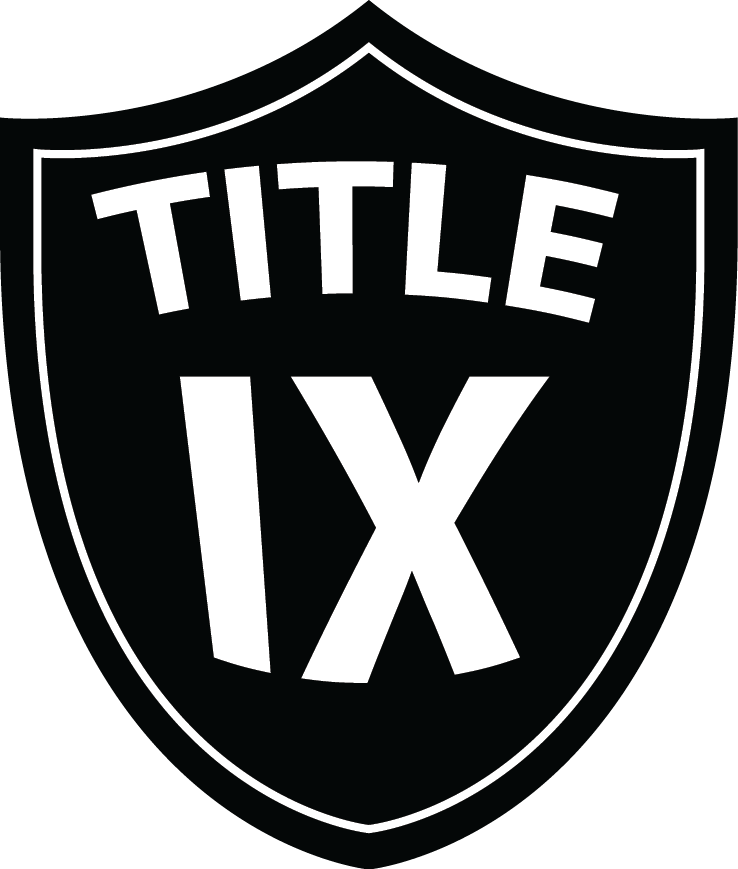TITLE IX UPDATE: Fake Claims of Rape Due to Trauma Are Under Scrutiny
The big news in campus sexual misconduct hearings is that believers in trauma-informed adjudications are on the defensive. What that verbal mouthful means is that apparent weaknesses in a complainant’s case—inarticulateness, contradictions, lying, or being too “frozen’’ or fearful of testifying—must not be automatically taken as evidence that sexual trauma has occurred.
In recent years, the one-sided nature of “trauma-informed” training has formed a noticeable trend in the flood of lawsuits filed by accused students. In a lawsuit against Penn, the court cited the university’s trauma-informed training as a key reason why the complaint survived a motion to dismiss. During the Brown university bench trial, the decisive vote in the adjudication panel testified that she ignored exculpatory text messages because of the training she had received. Ole Miss’ trauma-informed training suggested that an accuser lying could be seen as a sign of the accused student’s guilt. And at Johnson & Wales, the university was so disinclined to make public the contents of its training that it refused a request by the accused student’s lawyer to see it before the hearing.
Amidst this legal backdrop came Emily Yoffe’s blockbuster article in the Atlantic. Published on September 2017, the piece reviewed the dubious science behind the trauma-informed training used at many schools. Yoffe’s conclusion: “The result is not only a system in which some men are wrongly accused and wrongly punished. It is a system vulnerable to substantial backlash. University professors and administrators should understand this. And they, of all people, should identify and call out junk science.”
In a remarkable statement, ATIXA, the Association of Title IX Administrators, an organization that generally defended the Obama administration’s accuser-friendly approach to Title IX adjudications, acknowledged that “Emily Yoffe did not win many friends for her critical piece on the topic but ATIXA believes her points needed to be made.”
mindingthecampus-KC Johnson
















The scope of the trial had been limited significantly—per presiding District Court Judge Denise Casper’s instructions, jurors were to consider only whether administrators improperly interfered in the hearings through two key communications, violating the Student Code of Conduct and the implied promise of basic fairness.